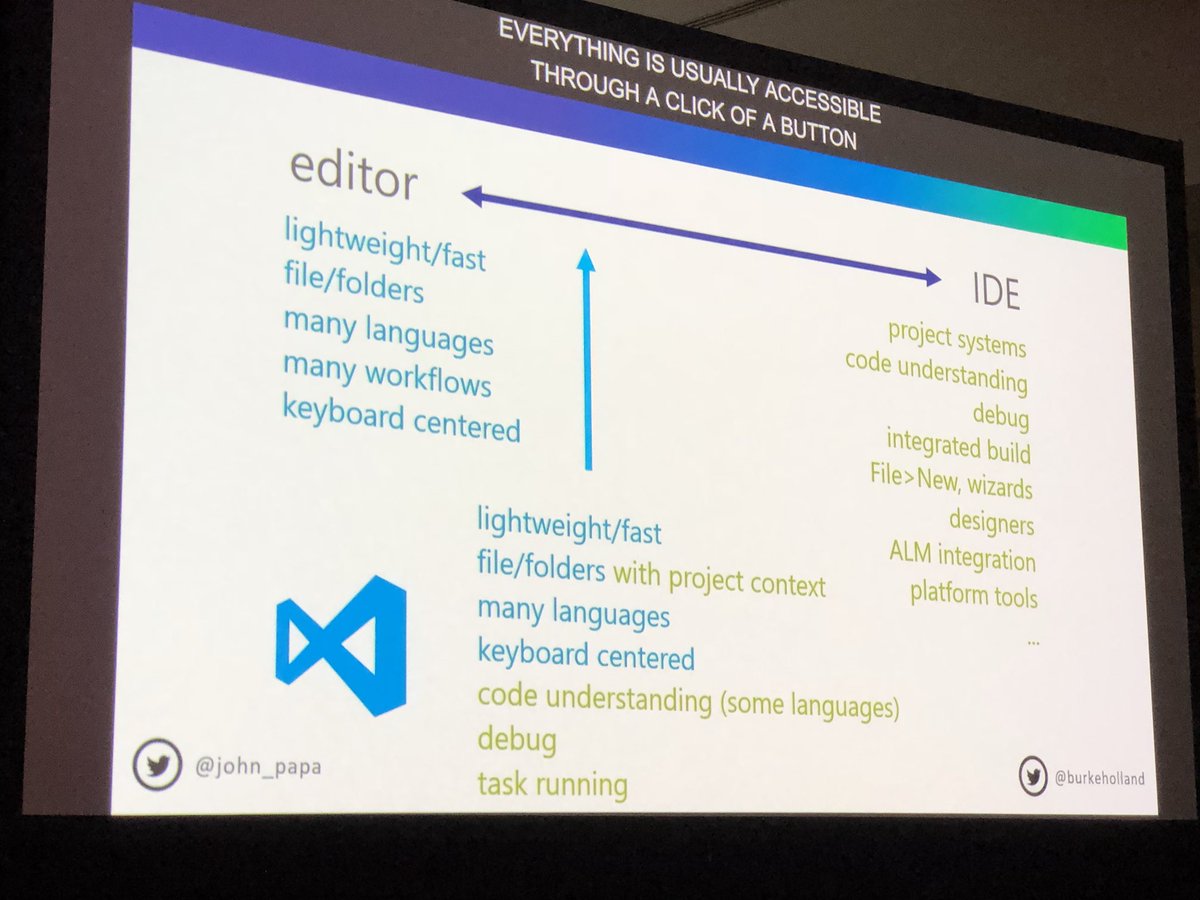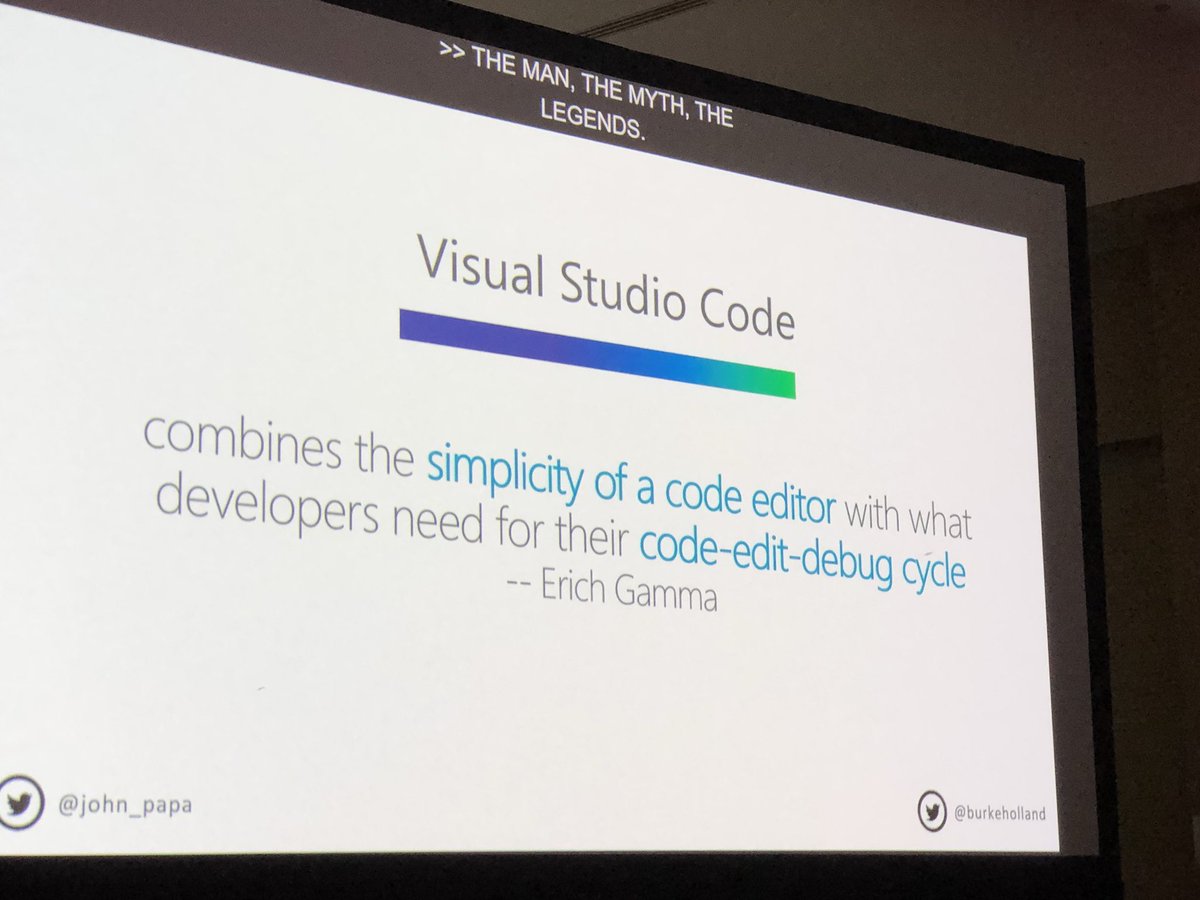i do this many times a day, in many different settings, without mishap.
if you don't believe me, try walking by taking conscious command of your muscles.
(for the exercise, you can skip the smoking and soda-drinking.)
imagine the difficulty of knowing what i do when i ride. of *telling* what i do when i ride. of *hearing* what i do when i ride. of *learning* what i do when i ride.
oy vey. i will list a couple of examples where the idea has changed something i do, *but* . . .
as always, feel free to add questions, comments, critiques, here or in private.
have a strange night!










